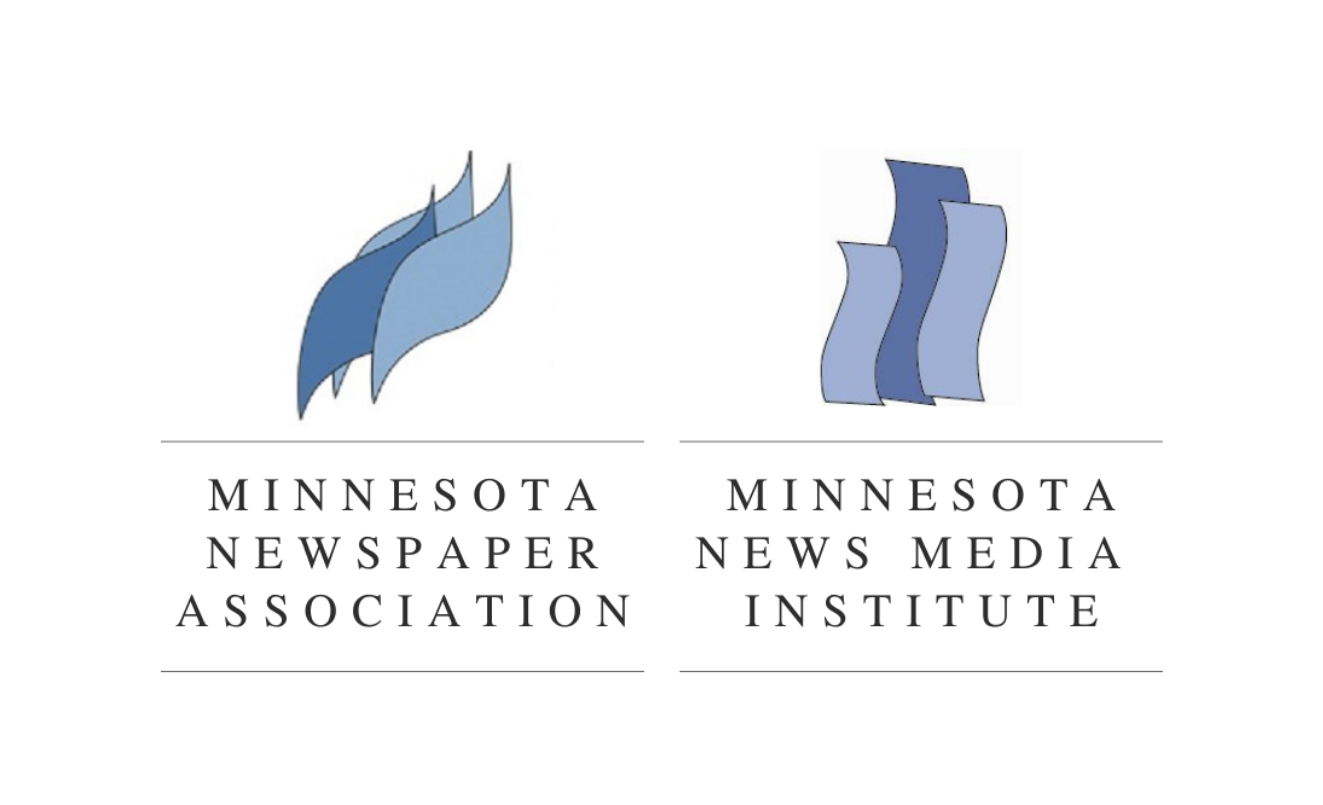Strike up a conversation about press rights, and most people likely picture editors and reporters demanding access to top-secret data from government officials. No doubt, that occurs more often than most people would like to believe.
The reality, however, is that this newspaper’s push for access to government meetings and data at local, state and federal levels is simple. We want to deliver information that affects our readers’ everyday lives, and do so in a timely fashion.
Reminding citizens and public officials about the public’s right of access to government information is the focus of “Sunshine Week: Your Right to Know,” March 10-16. At its foundation, Sunshine Week underscores the importance of the free flow of information for an open, effective and accountable government.
Consider these examples:
A 17-year-old youth is charged with murder. Rumors are abundant in your community but authorities refuse to release the individual’s name.
Students, parents and teachers alike are caught off guard when the superintendent is dismissed in a buyout. The school board refuses to release why she was fired and how much she was paid.
City council members zip messages back and forth on Facebook concerning an upcoming vote on whether to provide economic incentives for a proposed mall development. Should citizens be aware of the exchange?
Most citizens would expect government officials to routinely and openly share this information with their constituencies. They do not, even in the instances where state law says they must. Newspapers around the state, along with the Minnesota Newspaper Association, are on the front lines year-round to ensuring our readers know what is going on in their communities. That includes working with policy-makers to strengthen and clarify existing state law. The principles in the three examples cited are on the association’s agenda for the 2013 Legislature.
To be fair, most officials are open and forthcoming. They recognize the importance of sharing all information – the good and the bad. But their natural instincts often come into conflict with the law when confronted with challenging or divisive circumstances.
The prosecutor wants to “protect” the family of the juvenile who is charged with the murder. The school board wants to avoid the embarrassment of acknowledging the thousands of dollars it took to remove the superintendent for her misconduct. City council members want to take steps to minimize a contentious debate that is certain to divide the community.
All well-meaning arguments, but, nonetheless, all which run afoul of the law and shortchange the public of vital information.
New organizations are usually the first to object when access to proceedings and information is denied or made more difficult. But citizens need to understand that state laws governing access to open meetings and government records preserve the rights of all Minnesotans.
State advisory opinions issued last year in open records and data practices cases show that efforts to keep people in the dark are still commonplace.
The practice of blocking information is truly a contradiction. Public officials routinely encourage citizen participation in their decision-making, yet they prohibit their constituents from having ringside seats when it comes to shedding light on sensitive and challenging news and decisions.
Readers should rest assured that your newspaper will continue to stand firmly on the foundation that our communities – our readers – are best served by a full menu of public information rather than a selective serving.
